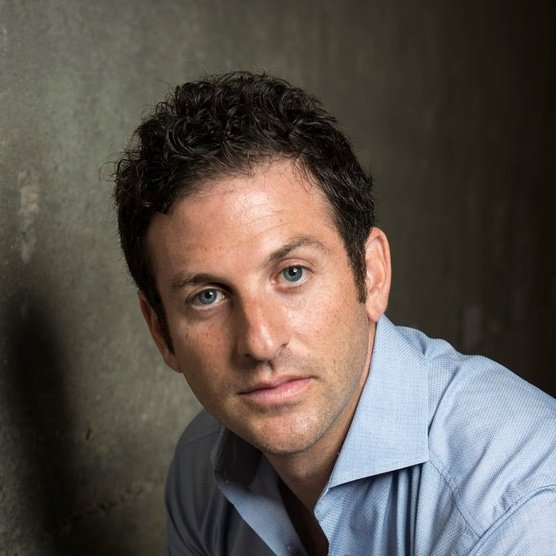Jared Cohen is co-head of the office of applied innovation and president of global affairs at Goldman Sachs and an adjunct senior fellow at the Council on Foreign Relations (CFR). Previously, he was founder and CEO of Jigsaw, an independent unit at Google focused on building technology to address global security challenges. He was Google’s first director of ideas and chief advisor to Google’s CEO and Executive Chairman Eric Schmidt. From 2006 to 2010 he served as a member of the Secretary of State’s policy-planning staff and as a close advisor to both Condoleezza Rice and Hillary Clinton.
Cohen is the New York Times best-selling author of five books, including Children of Jihad, One Hundred Days of Silence: America and the Rwanda Genocide, The New Digital Age: Transforming Nations, Business, and Our Lives, which he co-authored with Eric Schmidt, Accidental Presidents: Eight Men Who Changed America, and the forthcoming Life After Power. His writing has appeared in Foreign Affairs, Foreign Policy, Los Angeles Times, New York Times, Time, Wall Street Journal, and Washington Post.
He has been named to Time’s 100 Most Influential People, Foreign Policy’s Top 100 Global Thinkers, and Vanity Fair’s New Establishment. Cohen serves on several advisory boards, including those of Allianz, ASAPP, Fluid Market, the National Counterterrorism Center, Rivet Ventures, the Secretary of State’s Foreign Affairs Policy Board, and Stanford University’s Freeman Spogli Institute for International Studies. He is a member of Gen Next and a World Economic Forum Young Global Leader.
Cohen received his BA from Stanford University and his MPhil in international relations from the University of Oxford, where he studied as a Rhodes Scholar. He speaks fluent Swahili.
 Online Store
Online Store
